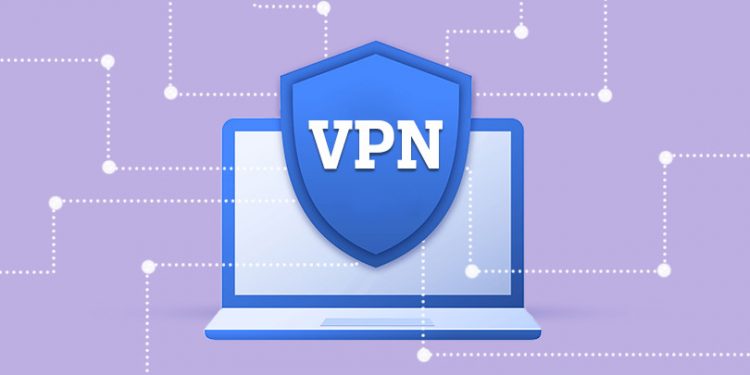In today’s digital world, online privacy and security are more important than ever. With cyber threats lurking around every corner, it’s crucial to take steps to protect yourself online. One effective way to do this is by using a Virtual Private Network (VPN). A VPN can help keep your online activity private and secure by encrypting your internet traffic and routing it through a server located in a different location. In this beginner’s guide, we’ll walk you through the steps of how to use a VPN.
How to Use VPN
Step 1: Choose a VPN Provider
The first step in using a VPN is to choose a provider. There are many VPN providers available, each with its own unique features and pricing plans. Some popular VPN providers include Surfshark, ExpressVPN, NordVPN, and CyberGhost VPN. When choosing a provider, look for one that offers strong encryption, a wide range of server locations, and a user-friendly interface.
Step 2: Install the VPN Software
Once you’ve chosen a provider, the next step is to install the vpn setup download on your device. Most VPN providers offer software for a variety of devices, including desktops, laptops, smartphones, and tablets. To install the software, simply follow the instructions provided by your chosen VPN provider.
Step 3: Connect to a Server
After installing the VPN software, the next step is to connect to a server. A server is a computer that your internet traffic is routed through before reaching its final destination. When you connect to a VPN server, your internet traffic is encrypted and routed through that server, making it difficult for anyone to monitor your online activity.
To connect to a server, open the VPN software and select a server location from the list of available options. Many VPN providers offer servers located in multiple countries, so you can choose a server location that suits your needs. Once you’ve selected a server, click the “connect” button to establish a connection.
Step 4: Browse the Web
Once you’ve connected to a VPN server, you can browse the web as you normally would. However, because your internet traffic is encrypted and routed through a server located in a different location, your online activity is more private and secure. You can browse the web, stream videos, and access online services without worrying about your online activity being monitored or tracked.
Step 5: Disconnect from the VPN
When you’re finished browsing the web, it’s important to disconnect from the VPN to ensure that your internet traffic is no longer being routed through the VPN server. To disconnect from the VPN, simply click the “disconnect” button in the VPN software.
Benefits of Using a VPN:
Privacy:
When you use a VPN, your online activity is encrypted, making it difficult for anyone to monitor or track your online activity. This can help protect your online privacy, especially when using public Wi-Fi networks.
Security:
A VPN can help protect your online security by encrypting your internet traffic and routing it through a server located in a different location. This can help protect against cyber threats such as hackers and identity theft.
Access to geo-restricted content:
Many online services such as streaming platforms, social media, and news websites are geo-restricted, meaning that they are only available in certain countries. By using a VPN, you can access these services from anywhere in the world.
Remote access:
A VPN can also be used to access resources on a private network, such as a work or school network. This allows you to access these resources from anywhere in the world, as long as you have an internet connection.
Real-time Applications of VPNs:
Remote work:
With the rise of remote work, VPNs are becoming increasingly important for employees who need to access resources on a private network from a remote location.
Online gaming:
Some online games may have geo-restrictions, meaning that they are only available in certain countries. By using a VPN, gamers can access these games from anywhere in the world.
Streaming:
Many streaming platforms such as Netflix, Hulu, and Amazon Prime have geo-restrictions on certain content. By using a VPN, you can access this content from anywhere in the world.
Online shopping:
Using a VPN when shopping online can help protect your personal and financial information from cyber threats.
Conclusion
Using a VPN is a simple and effective way to protect your online privacy and security. By encrypting your internet traffic and routing it through a server located in a different location, a VPN can help keep your online activity private and secure. By following the steps outlined in this beginner’s guide, you can start using a VPN today and enjoy a safer, more secure online experience
Follow Techdee for more!





